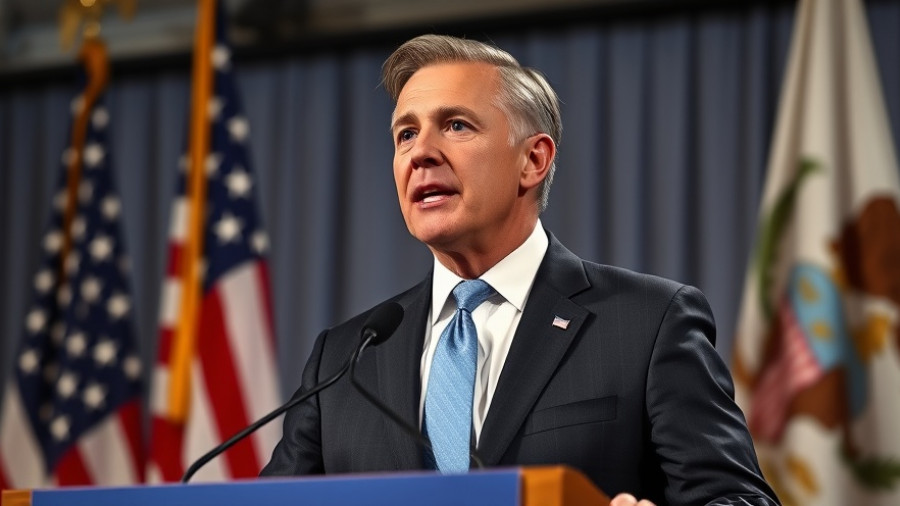
The Debate Over H-1B Visas in Florida's Higher Education
In a controversial move, Florida Governor Ron DeSantis has called on state universities to reconsider their hiring of foreign faculty under the H-1B visa program. During a recent press conference held at the University of South Florida, DeSantis labeled the program a "scam" and expressed frustration over universities hiring foreign workers for positions he believes could be filled by Americans.
Understanding the H-1B Visa Program
The H-1B visa program is designed to allow U.S. employers to temporarily employ foreign workers in specialty occupations where qualified American workers are unavailable. Critics, including DeSantis, accuse universities of abusing this program to hire workers at lower costs while neglecting local talent. In his remarks, he pointed out specific positions held by H-1B visa holders, like an assistant swim coach from Spain, and questioned the need for such hires in the U.S.
Colleges Push Back on Restrictions
University officials, including Donald Landry, the interim president of the University of Florida, have responded skeptically to DeSantis's claims. Landry indicated that the H-1B program is sometimes necessary for filling specialized roles and acknowledged the complexity of the issue. The American Council on Education has also raised concerns, arguing that restrictions would hinder universities' ability to attract outstanding researchers and ultimately affect the quality of education and services offered to students.
The Impact of Proposed Changes
If implemented, DeSantis's directive could have sweeping implications for the state's public universities. Currently, Florida's educational institutions employ over 7,200 people on H-1B visas—significant numbers of which come from key universities like the University of Florida and the University of Miami. These restrictions not only threaten diversity on campuses but also hurt research initiatives and limit the potential for students to learn from a global pool of talent.
Community Reactions to the Announcement
Responses from the community and education leaders have been mixed. While some agree with DeSantis's push for prioritizing American job seekers, many view the proposal as a step towards xenophobia and an assault on academic autonomy. Critics argue that placing such restrictions misrepresents the realities of labor shortages in specialty fields like healthcare, engineering, and technology.
Looking Ahead: Future Implications
The future of the H-1B visa program within Florida's universities remains uncertain. As debates continue, higher education stakeholders are urging a careful examination of the program rather than outright bans. As DeSantis seeks to position Florida as a leader in reshaping higher education policies, the outcomes will not only impact universities but also the broader context of labor markets across the state.
 Add Row
Add Row  Add
Add 



Write A Comment